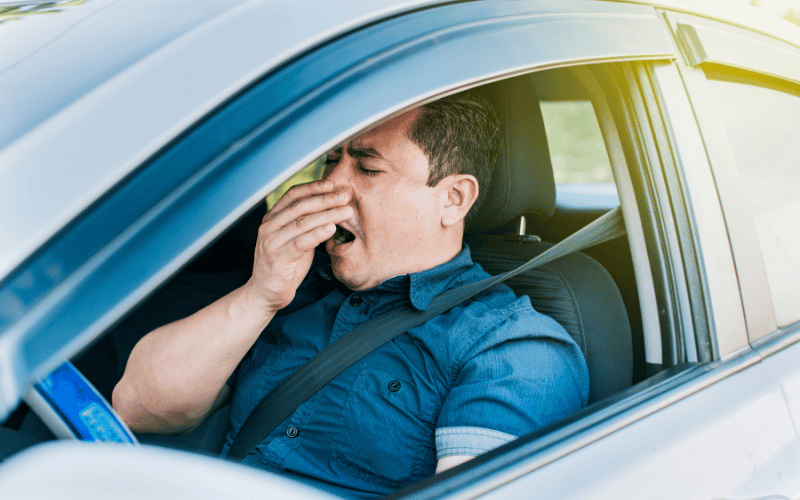6. The Daytime Toll: Far Beyond Sleepless Nights

So, you’re thinking sleep apnea is all about what happens when the moon’s up? Wrong. This condition is a 24/7 occupation, affecting your daytime functioning in ways you can’t imagine. For starters, excessive daytime sleepiness is not merely about feeling “tired.” It can degrade your performance at work, make driving dangerous, and impair your judgment in critical situations.
Feeling sluggish during the day has consequences. For instance, your reaction time slows down. Ever wondered why sleep apnea sufferers often report a drop in productivity? Well, that’s because, on a physiological level, the body is struggling to perform routine tasks efficiently.
It’s not just about physical exhaustion. Daytime fatigue saps your mental energy too. People with untreated sleep apnea often find it difficult to cope with stress, make sound decisions, or even indulge in activities that bring joy. Simply put, daytime symptoms can affect your mood, your choices, and by extension, your entire lifestyle.
What’s worse? The chronic sleep deprivation that accompanies sleep apnea can lead to significant mood swings. One minute you’re feeling up; the next minute, you’re down. It’s like riding an emotional roller coaster without ever having signed up for it. (6)